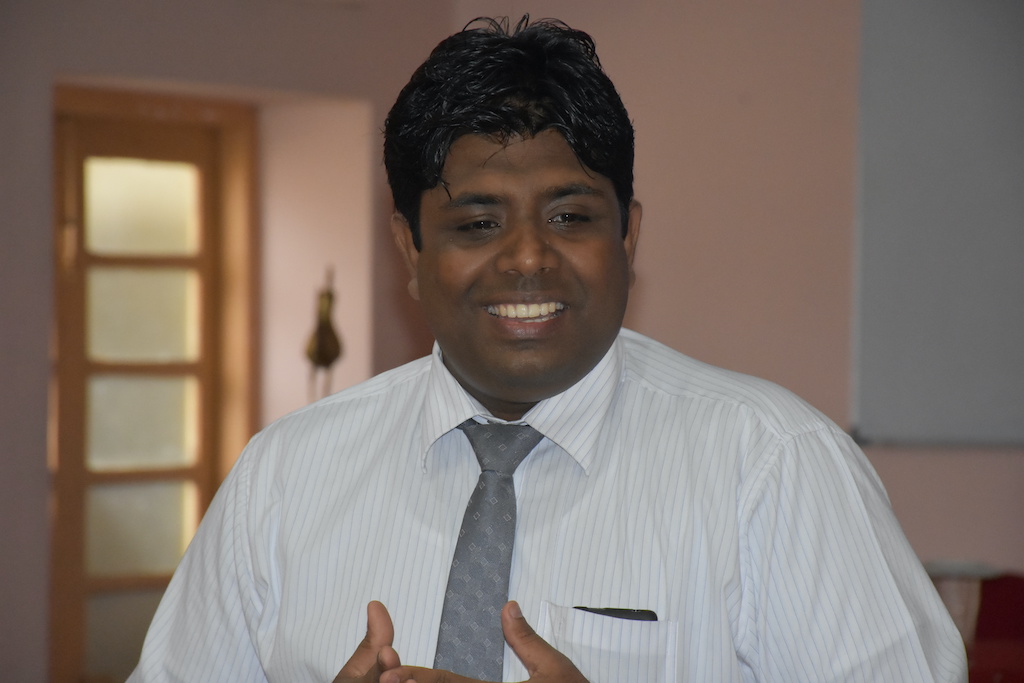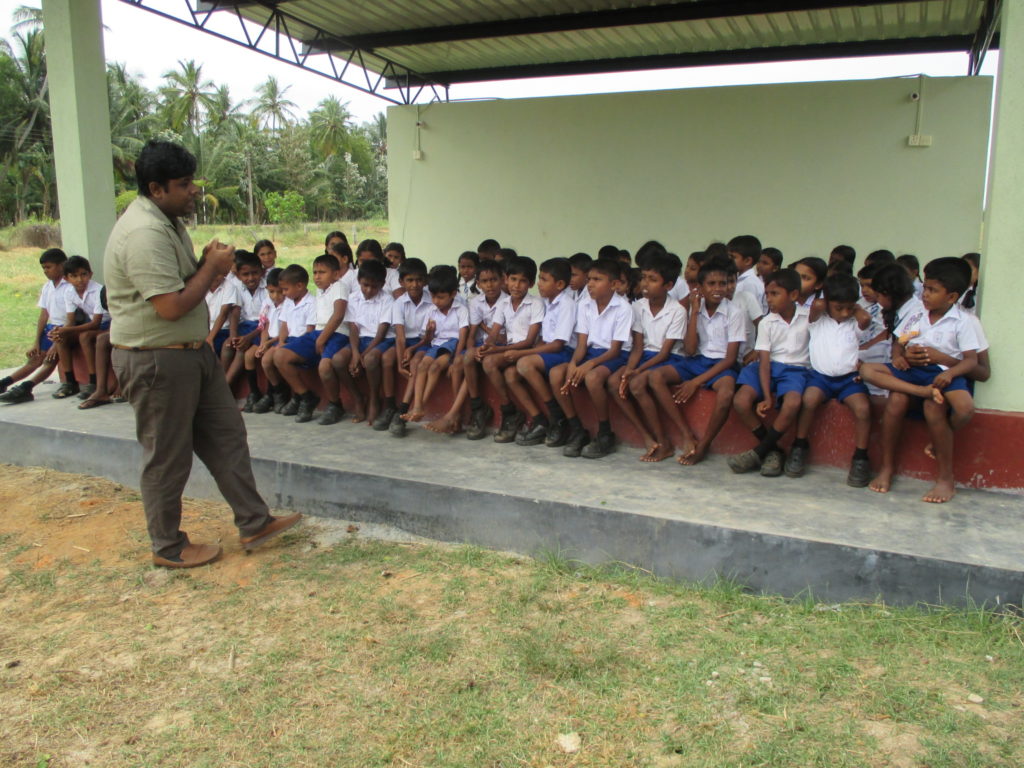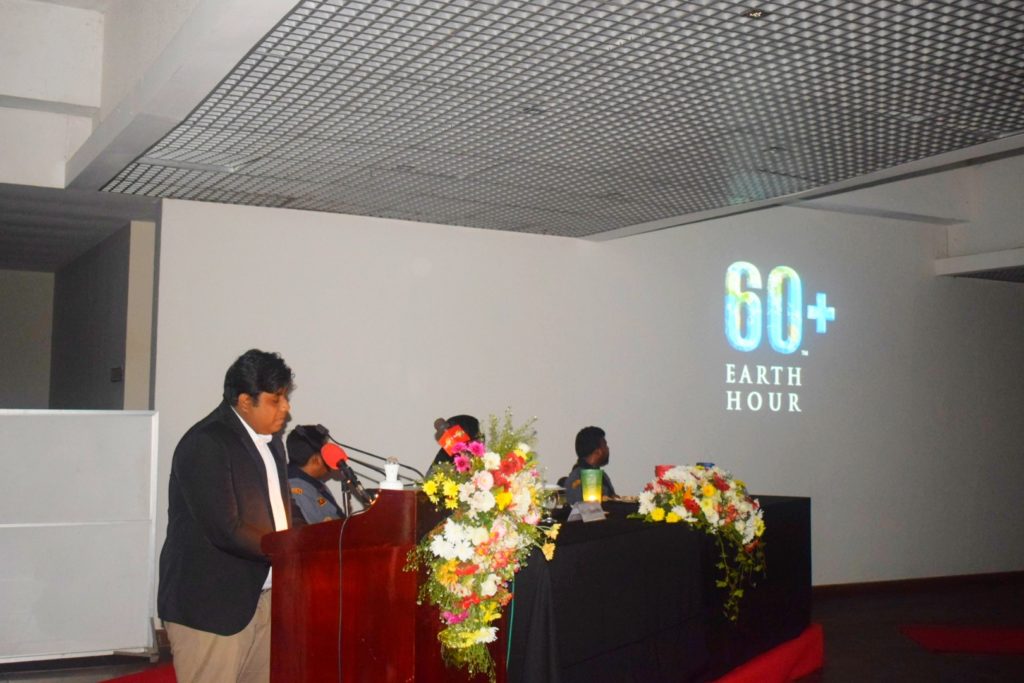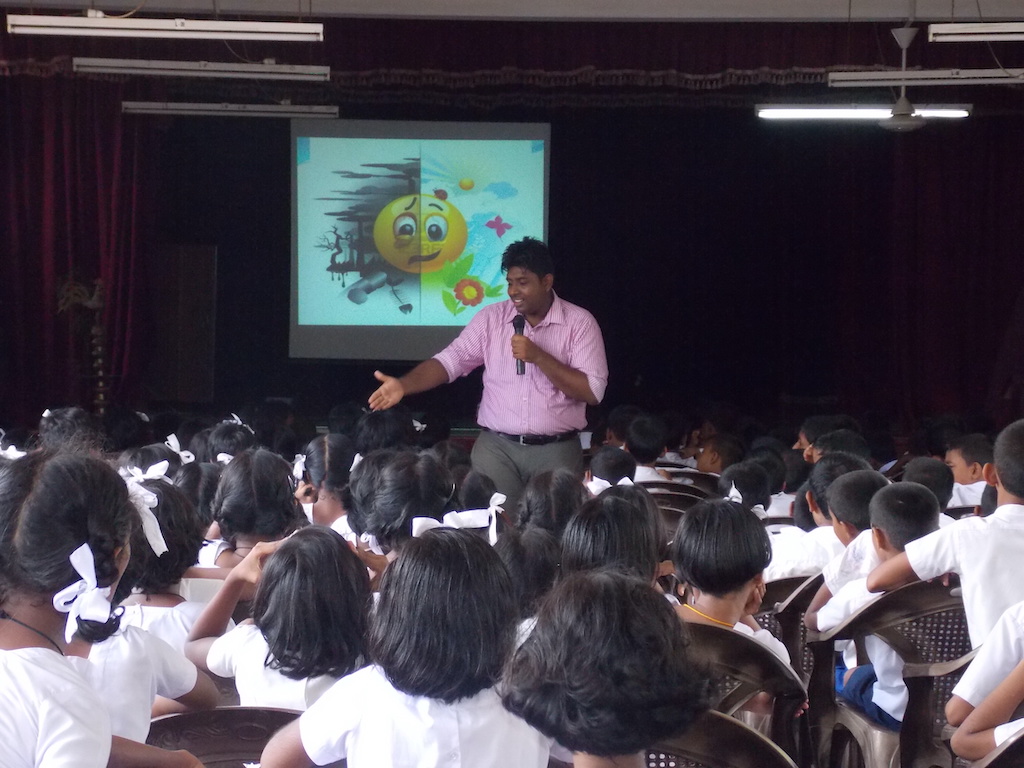I am Supun Lahiru Prakash from Sri Lanka. I am an environmental activist, freelance environment journalist, and researcher in Sri Lanka since 2005 and involved in many conservation campaigns in the country and investigative reporting. As an environmental activist and a journalist, my main focuses were local environmental issues such as deforestation, poaching, pollution, etc. However, I got the opportunity to participate in a training program on Climate Change in 2013 which was conducted by Sri Lanka Press Institute and it fuels my enthusiasm for this global phenomenon. Then, I completed the UN CC: Learn Introductory e-course on Climate Change and this has led to a paradigm shift in my way of thinking on climate change.

Photo: Supun Lahiru Prakash
Journalists have a key role on climate change awareness and education. They can educate the people on climate change, expose the policy decisions that can go against the NDC and do everything that they can to alert the general public that climate change is the most fundamental challenge ever. As a small tropical island nation and ranked in a higher position in Climate Risk Index, Sri Lanka is more vulnerable to adverse impacts of climate change. People don’t have good knowledge about climate change mitigation, adaptation, and loss and damage. No idea about NDCs at all. If Sri Lanka people were aware of these things, they will demand essential policy changes and decisions to tackle the adverse impacts of climate change.

While covering the local environmental issues and climate change-related content, I learned that language is a bottleneck in climate education in Sri Lanka. There are very limited opportunities for the local people who communicate in Sinhalese to aware of climate change. The climate knowledge is mostly in English and reliable and updated climate information in Sinhalese language is lacking or limited access. Therefore, I have started to write the column entitled ‘Climate talk’ for the Irudina Newspaper in 2016, and later it was converted into a blog which now reached more than 4500 views. Climate change was also considered as a top priority in my column entitled ‘Writing from the land without fear’ for the Resa Newspaper, one of the national newspapers in Sri Lanka published in the local language Sinhalese.
I have done some awareness campaigns on climate change and public health inspector trainees and certain other youth groups have belonged to the audience. I think my writings and presentations inspire others to take action on climate change. The thesis topic for my M.Sc. in Forestry and Environmental Management degree was also related to Climate change where I try to find out the possibility to use dengue incidents as evidence of Climate change in Sri Lanka. I think that one of the leading forces of my undivided attention to climate change was UN CC: e-Learn platform.

Get involved:
How climate change has been communicated in your country? Do you find difficult to access information on climate change in your country? Share your view with us on Facebook, Instagram or Twitter and tag UN CC:Learn. Looking forward to seeing your responses!
Start your learning journey:
Start making a difference by educating yourself about climate change. Access our learning platform at www.unccelearn.org and take our free courses on climate change and green economy. You may be interested in starting your journey by taking the following courses:

